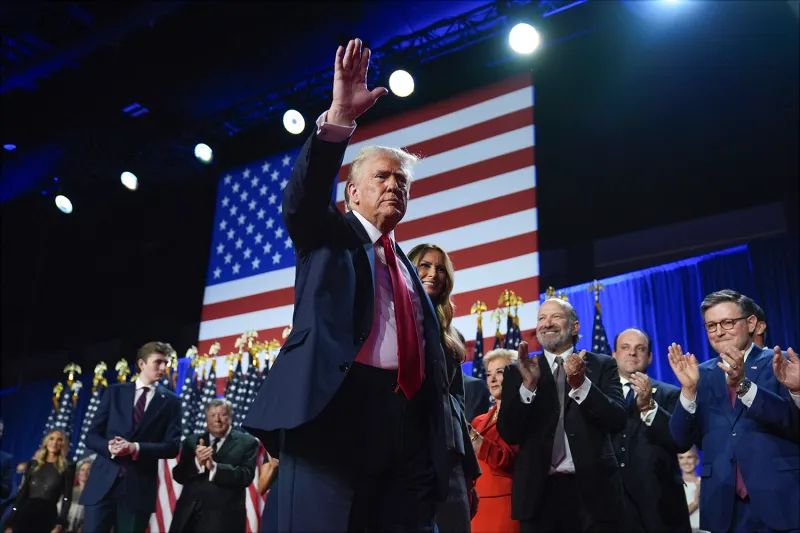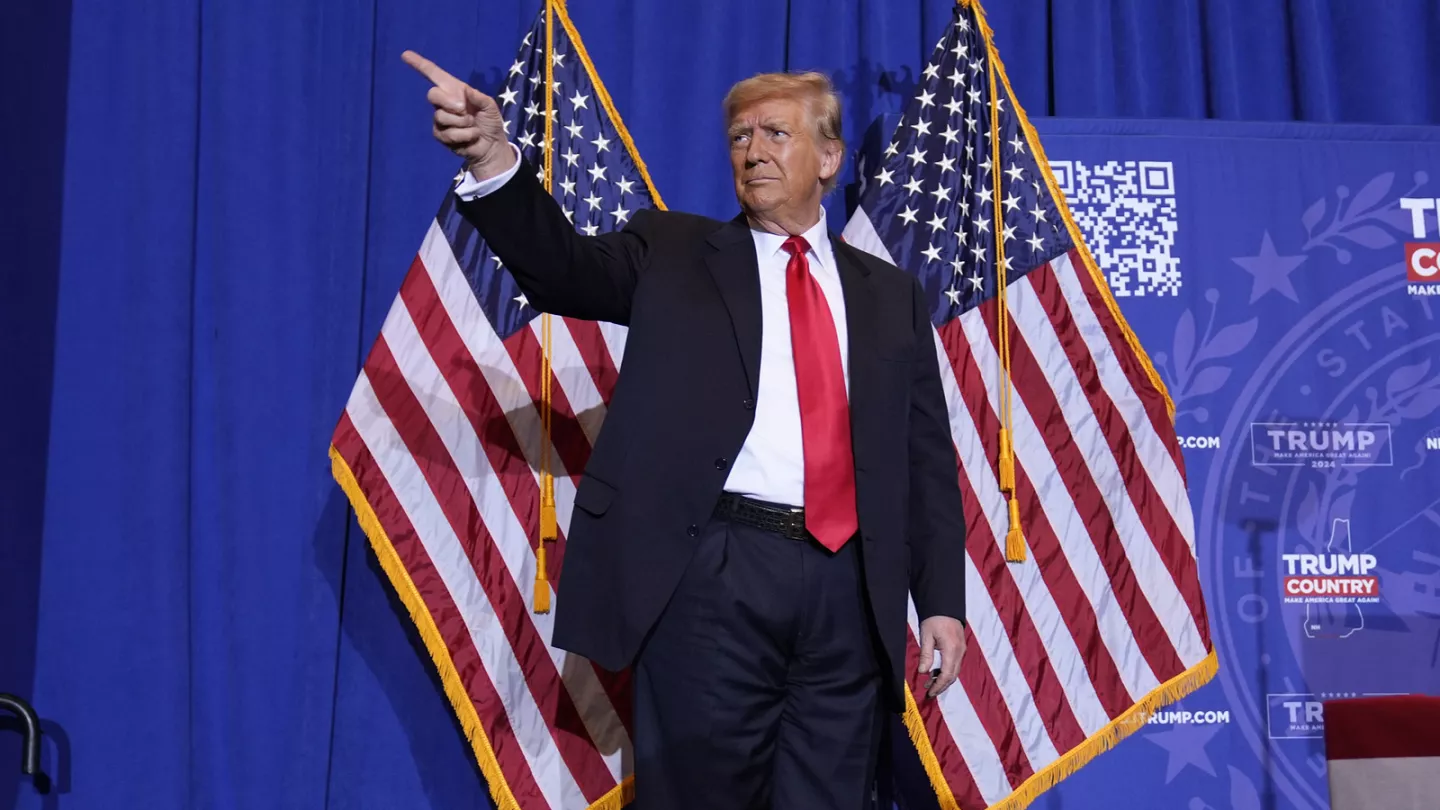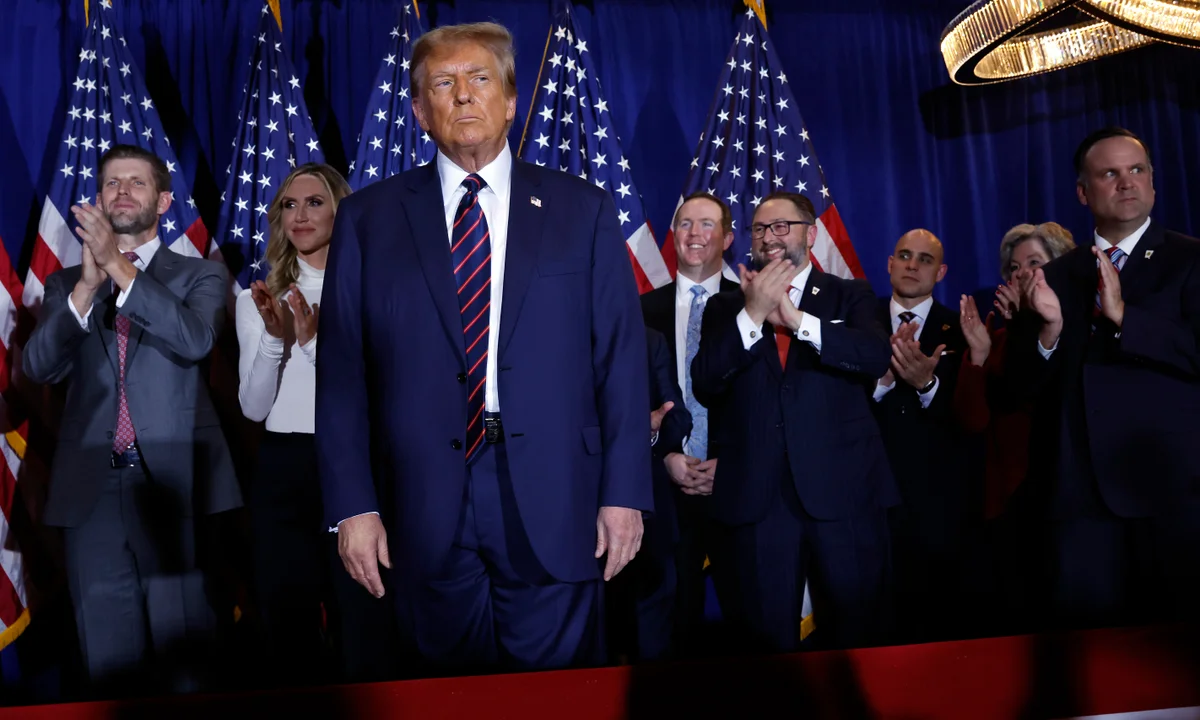The U.S. presidential election has global consequences, with a potential second term for Donald Trump raising questions across the world. Observers from CNN analyze what Trump’s return to power could mean for Russia, the Middle East, Europe, China, Taiwan, the Korean Peninsula, Africa, and Latin America.
Each region is concerned about how the administration’s policies might shift, particularly in areas like foreign aid, military presence, and economic relations, with a focus on America’s evolving stance towards its allies and adversaries alike.
In Russia, Trump’s return brings both optimism and uncertainty. Russian politicians celebrated his first election, viewing him as a favorable alternative to Hillary Clinton. However, the ongoing conflict in Ukraine casts a shadow over Moscow’s hopes, particularly as Trump’s rhetoric on supporting Ukraine has toughened.
While Trump’s aversion to extensive spending aligns with Russia’s wishes, experts note the role Congress plays in these decisions, making it uncertain if he could reduce funding for Ukraine. Russia hopes for internal U.S. divisions that could distract Trump from pursuing strong foreign policies.
In the Middle East, reactions to Trump’s potential return are mixed. Israel eagerly anticipates a Trump administration that might more strongly endorse its military ambitions, especially given his prior support in relocating the U.S. embassy to Jerusalem and acknowledging Israeli sovereignty over contested regions.
Yet, Iran and Iran-aligned groups like Hamas are wary of a presidency that could bring even firmer U.S. support for Israel, potentially intensifying regional tensions. Trump’s stance could embolden Israeli actions against Iran, creating further regional polarization.

Global Repercussions Loom as Trump’s Potential Second Term Sparks Concerns Across Key Regions
European leaders view Trump’s return with apprehension, particularly around NATO and security funding. Trump’s suggestion that European allies should bear a larger share of their security costs aligns with longstanding critiques, though European leaders have tried to reassure Washington of their commitment.
The war in Ukraine is a central issue, as Trump’s suggestion of ending the conflict quickly raises fears that he may make concessions to Russia at Ukraine’s expense. European countries are preparing for increased responsibility in their defense, a shift they began during his first term.
In China, officials are both prepared and anxious about another Trump presidency. While Beijing has portrayed U.S. policy as broadly hostile regardless of who is in office, Trump’s unpredictability presents unique concerns. His focus on “America First” policies might weaken U.S. alliances, which could benefit China strategically.
However, Trump’s willingness to impose tariffs and disrupt trade with China unsettles Chinese officials and exporters, and his approach to issues like Taiwan and immigration has raised new worries for many in China, who value consistency in international dealings.
Taiwan faces fresh uncertainties about its relationship with the U.S. under Trump. With China viewing Taiwan as part of its territory, Trump’s calls for Taiwan to contribute more financially toward its defense could place new pressures on the island.
Additionally, Trump has critiqued Taiwan’s semiconductor industry, which has become essential to the U.S. tech sector. Taiwan’s leaders are cautiously optimistic about maintaining close ties with Washington, but they are preparing for new challenges amid Trump’s often volatile policy decisions.
In South Korea, Trump’s potential return raises questions about American military support and defense costs. Trump has previously suggested that South Korea pay more for the U.S. troops stationed there and even hinted at reducing their number.
Given the strategic importance of the U.S. military presence in countering North Korean aggression, such moves could alter regional dynamics. Trump’s previous diplomacy with Kim Jong Un, while groundbreaking, did not result in North Korea’s denuclearization, and North Korea’s new ties with Russia may complicate any future negotiations.
In Africa, Trump’s popularity remains significant, partly due to his stance on cultural issues like “family values,” which resonate in many African societies. Despite his past derogatory remarks about African nations, some on the continent favor Trump’s “America First” approach, hoping it might mean less U.S. intervention.
Many Africans view his business-oriented image positively, associating it with economic strength. Trump’s reelection may also affect U.S. efforts to counter China’s growing influence in Africa, as Biden’s initiatives in this area are likely to be reassessed.

Global Repercussions Loom as Trump’s Potential Second Term Sparks Concerns Across Key Regions
Latin America is bracing for changes under another Trump administration. Conservative leaders have welcomed his victory, while progressive leaders anticipate more challenging relations. Mexico, in particular, is concerned about the economic implications, as Trump’s promise of new tariffs and immigration restrictions could impact trade and migration.
Trump’s plans to deport large numbers of undocumented immigrants may disrupt economies across Latin America, where many rely on remittances from the U.S., and his focus on U.S. production could complicate economic ties.
In authoritarian regimes across Latin America, Trump’s transactional approach to foreign policy could be advantageous. Leaders in Venezuela and Nicaragua, for example, might find more leeway if Trump prioritizes curbing migration over pushing for democratic reforms.
This approach could ease tensions between these governments and the U.S., but it also raises questions about human rights and democratic accountability in the region, signaling a shift from the values-based diplomacy seen under recent administrations.
In sum, Trump’s second term could bring shifts in international relationships, with a renewed focus on American interests potentially straining alliances and encouraging rival powers.
Countries are preparing for a period of heightened uncertainty, as many leaders hope to balance their interests with Trump’s unpredictable policies and align with U.S. priorities where possible, while others brace for new challenges to existing partnerships and security arrangements.











































